Angelique Songco has a mission. As the head of the park office of the Tubbataha Reefs Natural Park in the Philippines' Sulu Sea, she is committed to protecting 10,000 hectares of coral reefs. KfW Stiftung presented Songco with the KfW-Bernhard-Grzimek Prize 2019 for Biodiversity in recognition of her work. We would like to introduce you to the charismatic prize-winner at her place of work: the “Coral Triangle”, a region in the Indo-Pacific with the world's greatest marine biodiversity.
The prize-winner
Angelique Songco talks about her mission. (KfW group/Medienkontor/Ines Possemeyer)
Like a stranded spaceship, a small white capsule sits in the middle of the Philippines’ Sulu Sea, perched on a sandbank: the world’s loneliest ranger station. More than 100 kilometres from the nearest island, nine men guard the Tubbataha Reef Natural Park, the largest marine reserve in the Philippines and a UNESCO World Heritage Site.
When the rough sea subsides in April, park manager Angelique Songco stops by for a visit: the charismatic woman in her mid-fifties has been in charge of the National Parks Development Committee since 2001 and helped set up the ranger station. “It’s like a home for me,” she says.
The journey from the seaport of Puerto Princesa on the island of Palawan where she is officially based, 150 kilometres away, takes twelve hours with a chartered fishing boat, but regular visits are important to her: “I want to make sure that the men and the reefs are doing well.”
It is an unusual shared living space for the men who spend two months on the small station measuring 90 square metres in size: the representatives from the National Parks Development Committee, the Coast Guard, the Navy and the administration of the nearest island, Cagayancillo, share a dormitory, obtain fresh water from rain, generate electricity with a small rotor, grow herbs - and patrol an area the size of Berlin with a speedboat.
Bernhard Grzimek
Environmental activist Prof. Dr Bernhard Grzimek (1909-1987) was director of the Frankfurt Zoo and long-time president of the Frankfurt Zoological Society. The documentary film ”Serengeti shall not die“ by Bernhard Grzimek and his son Michael was awarded international prizes.
Tubbataha Reef is a marine treasure trove
A marine treasure is hidden under the water’s surface: 10,000 hectares of coral reefs spread over two atolls. Over 600 species of fish can be found here, including 23 species of sharks and rays. 60 per cent of all coral species can also be found here – after all, Tubbataha is part of the “coral triangle”, the Indo-Pacific region with the world’s densest marine biodiversity.
This makes Tubbataha an important breeding ground for fish that migrate from here into the Sulu Sea. A sea that provides livelihoods for millions of Filipinos.
The Philippines consist of more than seven thousand islands: its fishing industry is one of the most important in the world. Most of the fish caught are used to feed its own population. It currently has a population of 105 million, with another 40 million expected to be added by 2050.
Read more under the image gallery.
The rangers in the Tubbataha Reef National Park live at the ranger station more than 100 kilometres from the nearest island. A total of nine men are responsible for protecting the coral reefs.
Reef guards successfully protect Tubbataha
However, the fish populations are already in bad shape today. Large trawlers have robbed small fishermen of their livelihood, and the reefs along the coasts are in an appalling state in many places: destroyed by influxes of sediment, by cyanide and dynamite fishing.
When the destruction in the 1980s also spread to the remote Tubbataha, the reefs were placed under protection. “If the rangers were not here, Tubbataha would have been lost a long time ago,” Ms Songco is convinced. The armed reef guards have arrested 530 illegal fishermen to date. Now hardly any arrests are made - word has spread of the high sentences of three to six years in prison. Success can also be measured in scientific terms: compared to the first surveys more than 20 years ago, the number and size of many reef fish have increased; the coral is in better condition.
But due to their protection status, the approximately 6,000 inhabitants of the island of Cagayancillo, 130 kilometres north-east of Tubbataha, lost their livelihoods: they used to sail to Tubbataha every year for several weeks to fish, hunt turtles and collect turtle and bird eggs on the two tiny islands of the atolls. Since then, the park administration has supported its communities financially, invested in infrastructure, granted microloans and provided advice on the development of alternative sources of income such as agriculture and tourism. Today, more than two-thirds of the Cagayanons live on seaweed farms and have increased fish abundance off their own coasts through small marine protected areas.
Grzimek Award
Climate and environment protection is one of the four areas of activity of KfW Stiftung. With its projects, the foundation aims to heighten public awareness of biodiversity – one of the major social challenges of our time – and to raise attention to the importance of protecting endangered species. The internationally renowned KfW-Bernhard-Grzimek-Preis is awarded every two years to outstanding organisations or leaders who distinguish themselves in their remarkable endeavour to preserve the world's biodiversity with creative and innovative ideas. KfW Stiftung thus honours the lifetime achievement of the long-time director of the Frankfurt zoo and conservationist Professor Bernhard Grzimek.
Tubbataha Reef is popular with divers
Instead of illegal fishermen, Tubbataha now attracts tourists: the reefs are among the most spectacular diving spots in the world. Within a few years, the number of visitors has doubled to its current level of 3,000 per season, with each visitor paying a park fee of around 85 euros. Ms Songco, herself a passionate diver, can use this income to cover just over half of her costs. As the park still does not have a fixed budget, it has to constantly raise new funds. Nevertheless, she is concerned about the growing number of live-aboard boats for divers: “Not all park visitors treat the reefs with care,” she observes. “I’m afraid that one day we will have to limit how many are allowed.” She is currently planning a resilience study.
She has already been able to fend off another threat: international shipping through the protected area. The nautical charts are inaccurate, large ships have repeatedly run aground on the reefs, destroying thousands of square metres of coral in recent years alone. In 2017, the International Maritime Organization recognised Tubbataha as the first PSSA region in Southeast Asia: a “particularly sensitive sea area”. Which means: no ships allowed.
A new lighthouse now also marks the southern atoll. It is situated on an island, smaller than a football field and a breeding ground for black noddies, a species of terns that can only be found here. Red- and blue-footed boobies nest on another island in the northern atoll. Since Tubbataha was granted protection, the number of seabirds has doubled to 30,000.
“This priceless place must be protected, for the Filipinos and for the rest of the world.”
Ms Songco applied for the lighthouse 21 years ago. “At last, the Coast Guard has made my dream come true,” she says, hoping that she will not need as much patience for another dream: the construction of a new ranger station. The plans have been in place for several years. Many typhoons have marked the 20-year-old station: the walls are cracked, the wood is weathered. Angelique Songco sits on the veranda overlooking the turquoise sea. A turtle stretches its head out of the crystal clear water, as a nurse shark swims by. “This priceless place must be protected, for the Filipinos and for the rest of the world,” she says. And adds with a smile: “It’s not a job, it’s a mission.” Her mission.
The described project contributes to the following United Nationsʼ Sustainable Development Goals
Goal 13: Take urgent action to combat climate change and its impacts
Water shortages, droughts, hurricanes and floods are just a few of the many consequences of global climate change and causes of migration. Around 20 million people are currently being forced to leave their homes as a result of climate-induced events. Climate change does not stop at national borders and its effects are not limited to individual policy areas, economic sectors or social groups. International efforts to contain climate change must also take into account the many interactions between these domains.

All United Nations member states adopted the 2030 Agenda in 2015. At its heart is a list of 17 goals for sustainable development, known as the Sustainable Development Goals (SDGs). Our world should become a place where people are able to live in peace with each other in ways that are ecologically compatible, socially just, and economically effective.
Published on KfW Stories: Thursday, 19 September 2019

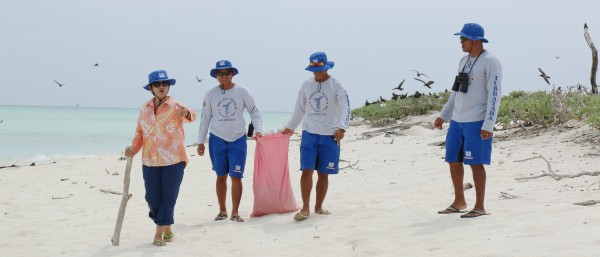
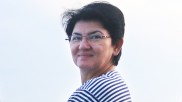
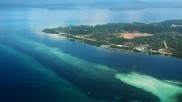
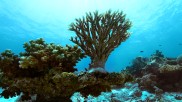
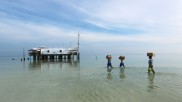
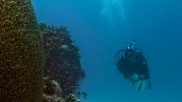
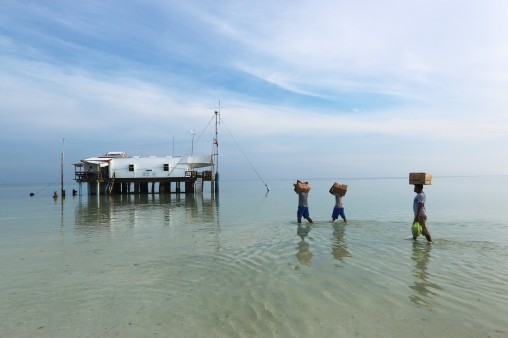
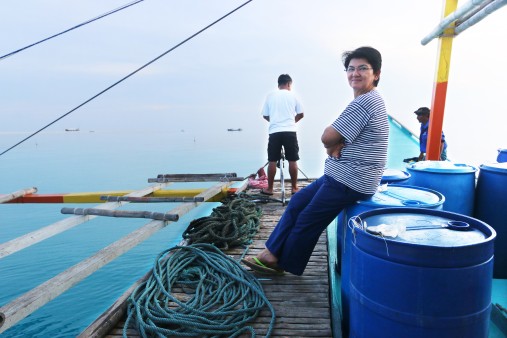
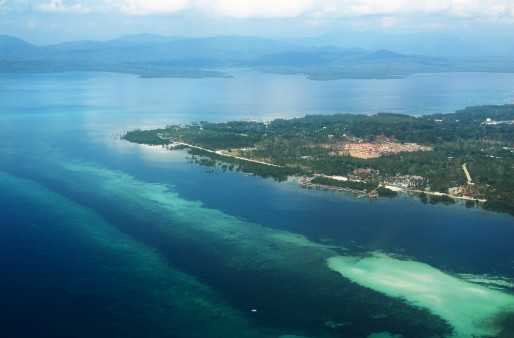
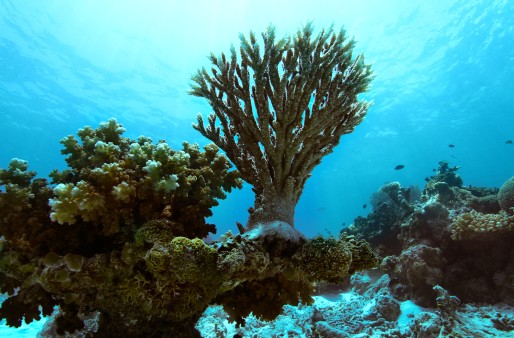
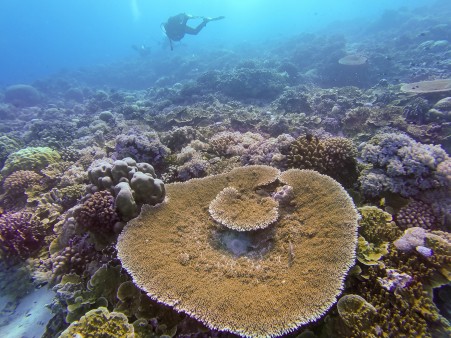
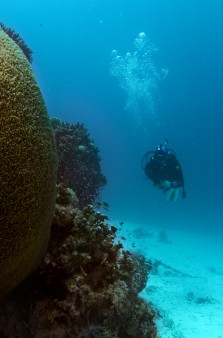
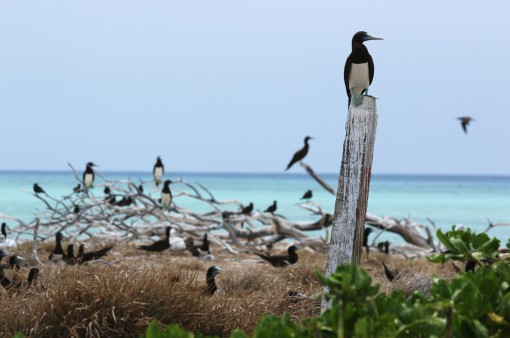
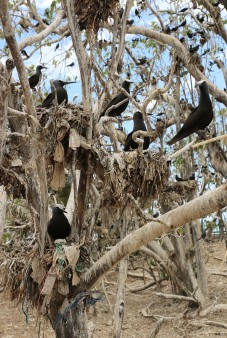
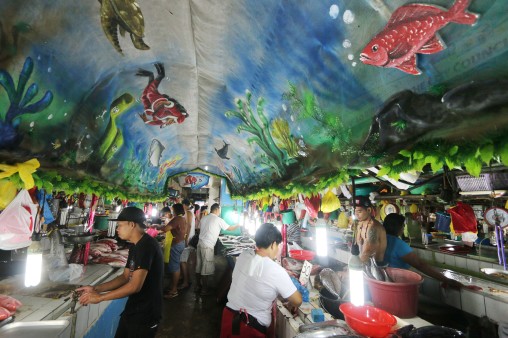









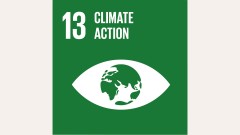
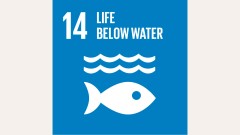
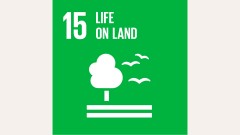

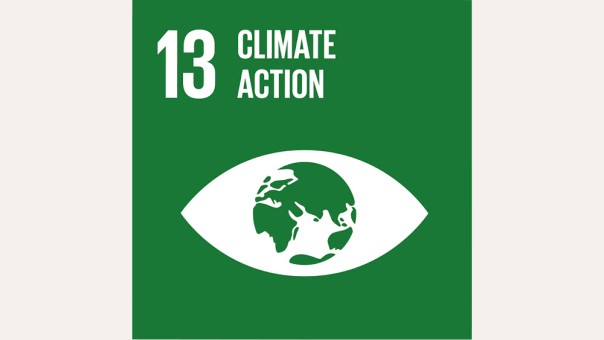
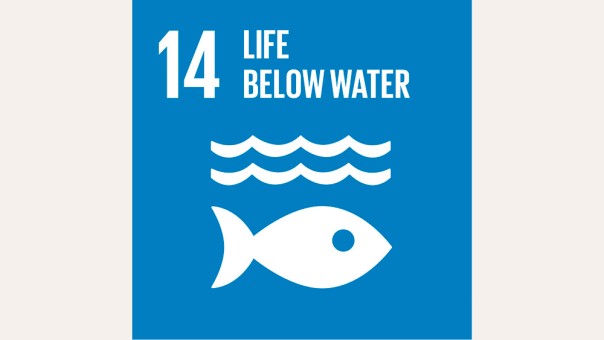
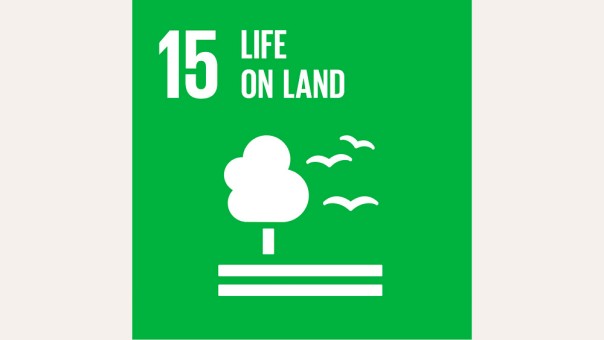

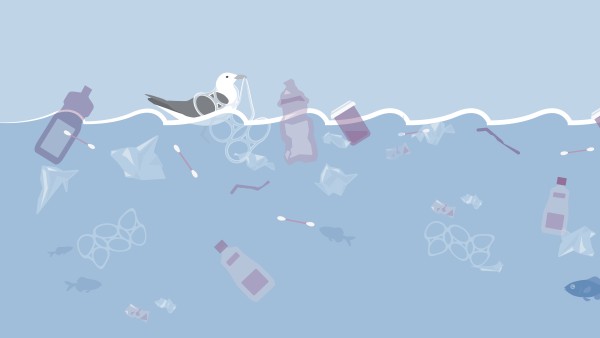
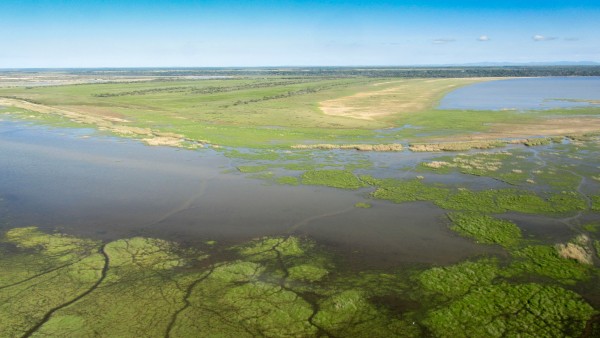
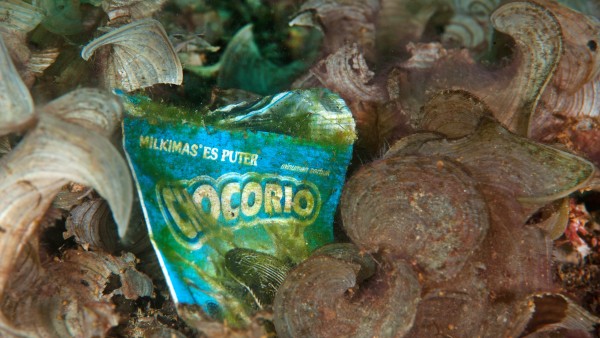
Data protection principles
If you click on one of the following icons, your data will be sent to the corresponding social network.
Privacy information